Content
Free Mental Health Assessment
How Stressed Are American Cities About the Election? Plus Election Anxiety Tips From a Psychologist

With just a few weeks until a historic presidential election, political anxiety has reached fever pitch. Four months ago, Hers took the pulse on overall stress levels across the country and the results are eye-opening.
Obviously, the political landscape has changed quite a bit in the last four months—it’s been an election season marked by a series of unprecedented events: not one but two assassination attempts, a major third party candidate dropping out and endorsing one of his rivals, and of course, the sitting president dropping out of the race and endorsing the vice president for his party’s nomination.
Data from the Hers study fielded in May 2024 reveals how cities were feeling about the election prior to President Biden dropping out.
Content
According to the study, 11.5% of respondents named “the upcoming presidential election” as a top source of stress, which at first blush didn't seem all that high. However, American cities swung in their stress levels from just 3% who were worried about the election (Birmingham, AL) to 20% (Austin, TX).
Generally speaking, the cities most and least stressed about the upcoming election were also the ones most and least stressed about the state of the world.
Austin was the fifth most anxious about the state of the world (26%, tied with Philadelphia), surpassed only by Atlanta (29%), Cleveland (29%), Detroit (27%), and New Haven (27%). Birmingham, AL, on the other hand, wasn’t as actively worried about the state of the world: only 11% said it was a top source of stress, about half that of respondents overall (20%).
On the other side of the spectrum, more than one-fifth (21%) of Birmingham residents named no sources of stress as compared to only 8% of the rest of the country who felt the same.
Hers ranked cities from most stressed about the upcoming presidential election to least stressed. In May, Democratic-leaning cities topped the political stress test. Meanwhile, Republican-leaning cities fell near the bottom of the list (see Most to Least Politically Anxious Cities list below).
Interestingly, the nation’s capital, Washington DC, was among just two Democratic-leaning state cities that fell within the 10 least stressed major metropolitan areas in the U.S. at the time. The other was Washington, DC’s neighbor, Baltimore, MD.
While we can’t explain why two cities at the epicenter of politics were feeling just fine, they may simply be used to all the hoopla. For them, political stress is business as usual.
Percentage of survey respondents who indicated the upcoming presidential election as a top source of stress
Austin, TX - 20%
Minneapolis, MN - 18%
Philadelphia, PA - 17%
Atlanta, GA - 17%
Detroit, MI - 17%
Denver, CO - 16%
Sacramento, CA - 16%
Portland, OR - 16%
Charlotte, NC - 15%
Salt Lake City, UT - 15%
New Haven, CT - 14%
Nashville, TN - 14%
Greenville, SC - 14%
Houston, TX - 13%
Los Angeles, CA - 13%
Las Vegas, NV - 13%
Orlando, FL - 12%
Little Rock, AR - 12%
Honolulu, HI - 12%
St. Louis, MO - 12%
Omaha, NE - 12%
New York, NY - 11%
Tampa, FL - 11%
Oklahoma City, OK - 11%
San Francisco, CA - 11%
Seattle, WA - 11%
Des Moines, IA - 11%
Boston, MA - 10%
Pittsburgh, PA - 10%
Miami, FL - 10%
Raleigh, NC - 10%
San Antonio, TX - 10%
Norfolk, VA - 10%
San Diego, CA - 10%
Albuquerque, NM - 10%
Cleveland, OH - 10%
Providence, RI - 9%
Memphis, TN - 9%
Phoenix, AZ - 9%
Chicago, IL - 9%
Kansas City, KS - 9%
Milwaukee, WI - 9%
Baltimore, MD - 8%
New Orleans, LA - 8%
Columbus, OH - 8%
Dallas, TX - 7%
Washington, DC - 7%
Louisville, KY - 7%
Indianapolis, IN - 6%
Birmingham, AL - 3%
While stress levels by city may have shifted since May, what Republicans, Democrats, and Independents all might agree on—other than their health, a story we reported on in July—is that this election cycle has been a rollercoaster. Here are some tips for keeping calm and carrying on through the fall.
Practice mindfulness. Practicing mindfulness involves breathing methods, guided imagery, and other practices to relax the body and mind to help reduce stress. Recent research shows mindfulness meditation may be as effective at reducing anxiety as medication for some people.
Try stimulus control. Stimulus control is a behavioral psychology technique in which a stimulus that typically triggers a certain behavior is modified so that the behavior is less likely to occur. You might find that your political anxiety increases when reading the news, listening to the radio, or scrolling through social media. Try setting limits around content consumption to keep this anxiety at bay.
Talk it out. Research proves that simply naming your feelings can help calm you down. Saying “I’m anxious/agitated/restless” helps build insight into what you’re feeling and why you’re feeling it. And once you’re more aware of the distress you’re feeling, you’re more likely to do something to manage your anxiety and stress.
Head to the polls. If you’re feeling stressed about the election, make a plan to vote. No matter which candidate you support, being civically engaged may help you feel personally fulfilled, and alleviates psychological distress. According to research, civic engagement can have a positive impact on mental health. Voting allows people to weigh in on processes and policies that are bound to affect the society they live in. And activism has been linked to happiness, personal fulfillment, and social well-being.
Remember radical acceptance. If you try all of the above and still find yourself in distress over the politics of our nation, it might be time to consider practicing a dialectical behavior therapy skill called radical acceptance. Radical acceptance means acknowledging and even embracing difficult circumstances—and understanding that we cannot always control them. Doing so is intended to help reduce emotional suffering.
Data & Methodology
This study is based on a 5,504-person online survey, which included 5,000 18-to-65-year-old respondents in the top 50 metropolitan areas (100 respondents per city) and a nationally representative sample of 504 18-to-65-year-old respondents to contextualize results. The study was fielded in May 2024.
Findings were analyzed by more than 100 demographic and psychographic cuts, including city, region, gender (when we refer to “women” and “men,” we include all people who self-identify as such), age, race and ethnicity, relationship status, parenting status, sexual orientation (heterosexual, bisexual, gay, lesbian, pansexual, asexual, queer, etc.), and political affiliation, among other areas of interest.
Metropolitan populations were determined by 2022 US Census data. In order to represent as many states as possible within the study, 5 cities that did not fall in the top 50 metropolitan locations were selected in place of cities in states already represented. Cities added to the study included New Orleans, LA (51), Providence, RI (53), Little Rock, AR (59), Honolulu, HI (68), and Omaha, NE (71). Cities replaced in the study included West Palm Beach, FL (39), Jacksonville, FL (41), Grand Rapids, MI (42), Harrisburg, PA (44), and Greensboro, NC (45).
Respondents were asked to rate their happiness on a 1 to 5 scale. To rank the happiest cities in America, we looked at the number of respondents who rated themselves as a 4 (happy describes me) or 5 (happy very much describes me) to create an average happiness score.
All data in this study are from this source, unless otherwise noted. Independent research firm, Culture Co-op, conducted and analyzed research and findings.
Questions about our study? Contact us at [email protected].
6 Sources
- Hoge, E. A., Bui, E., Mete, M., Dutton, M. A., Baker, A. W., & Simon, N. M. (2023). Mindfulness-Based Stress Reduction vs Escitalopram for the Treatment of Adults With Anxiety Disorders: A Randomized Clinical Trial. JAMA psychiatry, 80(1), 13–21. https://doi.org/10.1001/jamapsychiatry.2022.3679
- Thrailkill, E. A., Trask, S., Vidal, P., Alcalá, J. A., & Bouton, M. E. (2018). Stimulus control of actions and habits: A role for reinforcer predictability and attention in the development of habitual behavior. Journal of experimental psychology. Animal learning and cognition, 44(4), 370–384. https://doi.org/10.1037/xan0000188
- Lieberman, M. D., Eisenberger, N. I., Crockett, M. J., Tom, S. M., Pfeifer, J. H., & Way, B. M. (2007). Putting feelings into words: affect labeling disrupts amygdala activity in response to affective stimuli. Psychological science, 18(5), 421–428. https://doi.org/10.1111/j.1467-9280.2007.01916.x
- Sanders, L. M. (2001, August). The psychological benefits of political participation. In annual meeting of the American Political Science Association, San Francisco, CA.
- Klar, M., & Kasser, T. (2009). Some Benefits of Being an Activist: Measuring Activism and Its Role in Psychological Well-Being. Political Psychology, 30(5), 755–777. http://www.jstor.org/stable/41502458
- Brown, M. (2022, March 31). What radical acceptance really means. PsychCentral. https://psychcentral.com/blog/what-it-really-means-to-practice-radical-acceptance
Editorial Standards
Hims & Hers has strict sourcing guidelines to ensure our content is accurate and current. We rely on peer-reviewed studies, academic research institutions, and medical associations. We strive to use primary sources and refrain from using tertiary references. See a mistake? Let us know at [email protected]!
This article is for informational purposes only and does not constitute medical advice. The information contained herein is not a substitute for and should never be relied upon for professional medical advice. Always talk to your doctor about the risks and benefits of any treatment. Learn more about our editorial standards here.
Jessica Yu, Ph.D.
Education
Bachelor of Arts, Human Biology - Stanford University, 2008
Master of Science, Psychology - Rutgers, The State University of New Jersey, 2014
Doctor of Philosophy, Clinical Psychology - Rutgers, The State University of New Jersey, 2016
Training
Internship - Veterans Affairs Palo Alto Healthcare System | Behavioral Medicine Track, 2015–2016
Postdoctoral Fellowship - Veterans Affairs Palo Alto Healthcare System | Behavioral Medicine Track, 2016–2017
Medical Licenses
California, 2016
Affiliations & Memberships
Specialties & Areas of Focus
Mental Health
Depression
Anxiety
Obsessive Compulsive Disorder
Posttraumatic Stress Disorder
Eating Disorders
Cognitive Behavioral Therapy
Dialectical Behavior Therapy
Behavioral Medicine
Behavioral weight loss interventions
Diabetes self-management
Years of Experience
10
Previous Work Experience
Digital Behavioral Health Researcher - Lantern, 2017
Clinical Program Manager - Mindstrong, 2017–2019
Consultant to Mental Health Strategy - Livongo, 2019–2020
Sr. Director of Mental Health Programs and Strategy - Teladoc Health, 2020–2023
Sr. Director of Patient Experience - Hims & Hers, 2023–2025
Sr. Director of Clinical Excellence and Outcomes - Hims & Hers, 2025–
Therapist & Clinic Lead - Pacific Anxiety Group, 2017–2023
Therapist & Co-Owner - East Bay Anxiety and OCD Center, 2023–
Clinical Advisor - Therapy Notebooks, 2020–
Publications & Research
Title: Hims & Hers Weight Loss: A look at early experience and outcomes
Published in: Hims & Hers Newsroom
Date: 2024
Title: The effect of a digital mental health program on anxiety and depression symptoms: Retrospective analysis of clinical severity
Published in: JMIR Formative Research
Date: 2023
Title: A machine learning approach to passively informed prediction of mental health risk in people with diabetes: Retrospective case-control analysis.
Published in: Journal of Medical Internet Research
Date: 2021
Title: Relationship Between Diabetes, Stress, and Self-Management to Inform Chronic Disease Product Development: Retrospective Cross-Sectional Study
Published in: JMIR Diabetes
Date: 2020
Title: Use and perceptions of mobile apps for patients among VA primary care mental health providers: A brief report.
Published in: Professional Psychology: Research and Practice
Date: 2018
Title: Implementation of a guided digital cognitive behavioral program for anxiety in primary care: preliminary findings of engagement and effectiveness
Published in: Telemedicine and e-Health
Date: 2018
Title: Smartphone apps for insomnia: Examining existing apps’ usability and adherence to evidence-based principles for insomnia management
Published in: Translational Behavioral Medicine: Practice, Policy, Research
Date: 2018
URL: https://academic.oup.com/tbm/article-abstract/9/1/110/4948767?redirectedFrom=fulltext&login=false
Title: Changes in coping behavior in a randomized trial of concurrent treatment for PTSD and alcohol dependence
Published in: Behaviour Research and Therapy
Date: 2016
URL: https://linkinghub.elsevier.com/retrieve/pii/S0005-7967(16)30209-1
Title: The Use of “Bug-in-the-Eye” Live Supervision for Training in Dialectical Behavior Therapy: A Case Study
Published in: Clinical Case Studies
Date: 2016
URL: https://journals.sagepub.com/doi/abs/10.1177/1534650116635272
Title: Stress eating and sleep disturbance as mediators in the relationship between depression and obesity in low-income, minority women
Published in: Obesity Research & Clinical Practice
Date: 2016
URL: https://www.sciencedirect.com/science/article/abs/pii/S1871403X15001131?via%3Dihub
Quotes or Expert Insights
“I find that a lot of people wait to start their weight loss journey until the circumstances are just right—until they’ve chosen the right date, gotten their pantry stocked with all the healthy foods, figured out the perfect exercise routine, feel the most energetic and optimistic, are free of any and all distractions, the list goes on. And yes—it is important to prepare for the weight loss journey. At the same time, being so perfectionistic in preparations can backfire. Try not to overthink things. Start now—right now—with one change, however small. Get some success under your belt. Build your confidence. And keep on going.
Why I Practice Medicine
I’ve always been intrigued by people and their stories. I want to know who they are, where they’re from, what their personal stories are. As a psychologist, I get to hear people’s stories, to help make sense of them, and to move them towards improved insight, wisdom, and health. It’s an unbelievable privilege.
Hobbies & Interests
Running, reading (especially memoirs), and lazy Sundays with family
Related Articles
Related Conditions
 Anxiety
Anxiety
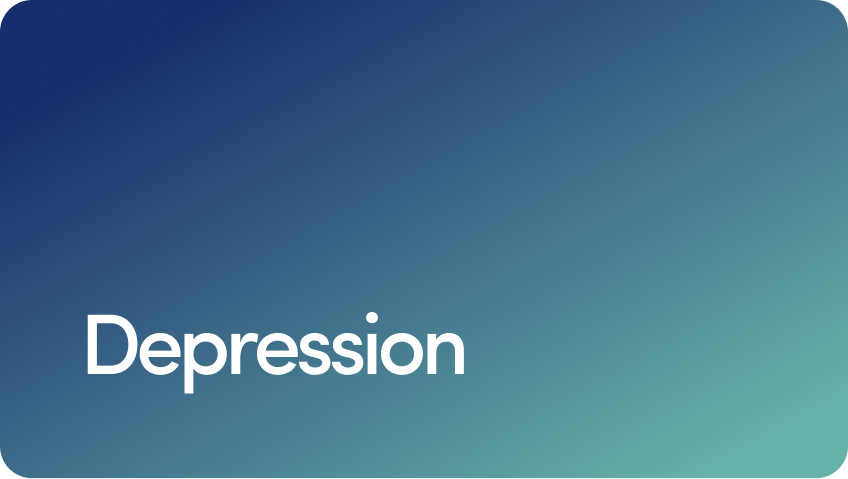 Depression
Depression
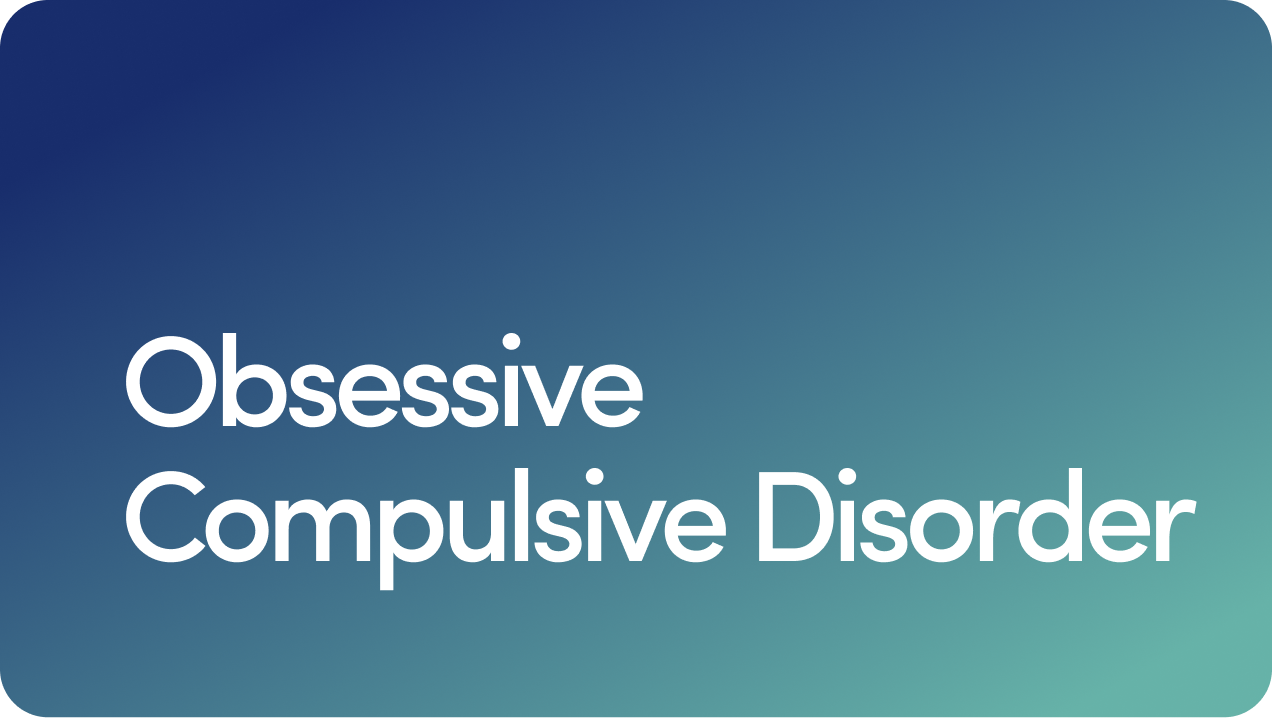 OCD
OCD
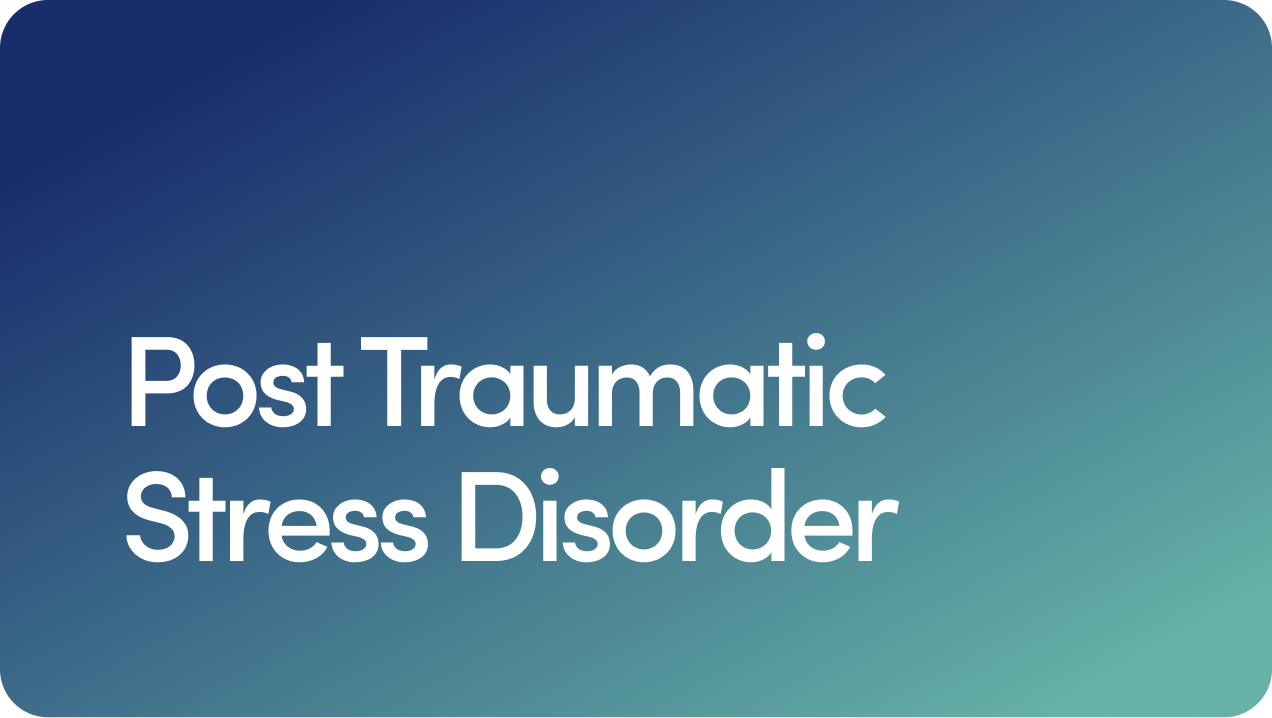 PTSD
PTSD
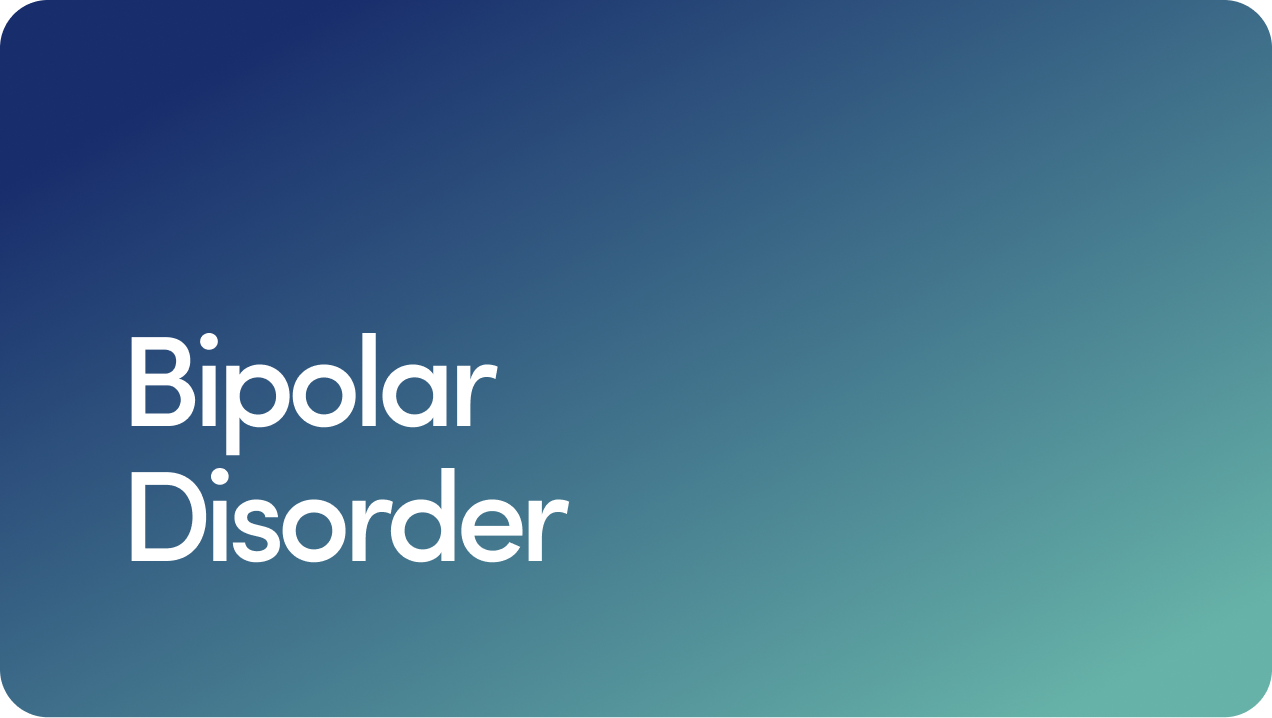 Bipolar Disorder
Bipolar Disorder
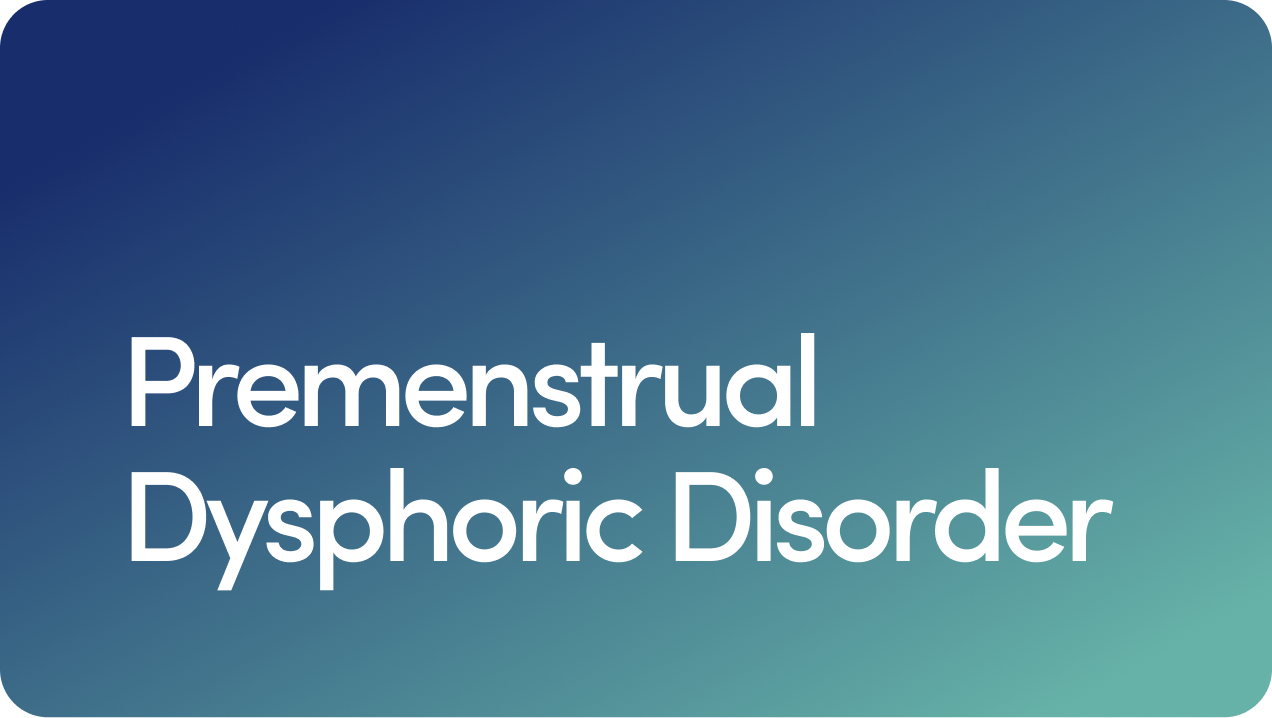 Premenstrual Dysphoric Disorder
Premenstrual Dysphoric Disorder